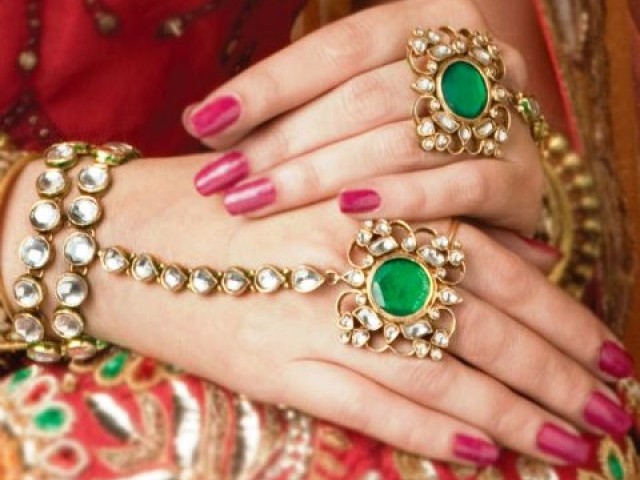
My 21-year-old maid Noor Jahan recently told me about her unwillingness to get marriedso as to avoid putting her parents through any kind of pressure.
The ‘pressure’ she spoke of was the high demand for dowry by her would-be in-laws. Culturally, we are accustomed to hearing about the 10 tolas of gold given to the groom’s family along with a bungalow, car, washing machine, furniture, bed sheets, shower curtains, needles, and so on, to feed the desire of greedy in-laws.
Sure, when one can afford it, parents give their daughters these ‘presents’ generously. However, Noor Jahan comes from the working class and admits that her family is unable to afford even basic necessities like food rations or medication for her ailing father.
“All brides from our strata are expected to receive dowries from
their family,” she says ruefully.The reason we are expected to bring material wealth to our new home is because the insatiable in-laws make these demands and often refuse rishtas if there’s not a pricey dowry to match. The concept behind this is to be able to later on tell your in-laws about the bundles of goods you hoarded from your parents’ household when they ask you ‘What have you given us, anyway?
Sure, you may not have food to eat but you must give your daughter away with a heavy-loaded dowry, even if it leaves you neck-deep in loans.
The girl is never enough, even though she leaves behind her family, home, lifestyle and everything she may have ever known to go live with a stranger.
The material wealth and status symbol our culture links with weddings, which is meant to be the communion between two people, is not only shocking but disgusting.
These rituals trickle down from the top of the pyramid, all the way down and actually end up as hurdles for the 98 per cent of our population. Yet, we are unwilling to let them go because ‘What will everyone say?”
Yes, girls let’s hope you’re not treated like one of the 100 objects you brought as part of your dowry.
No comments:
Post a Comment